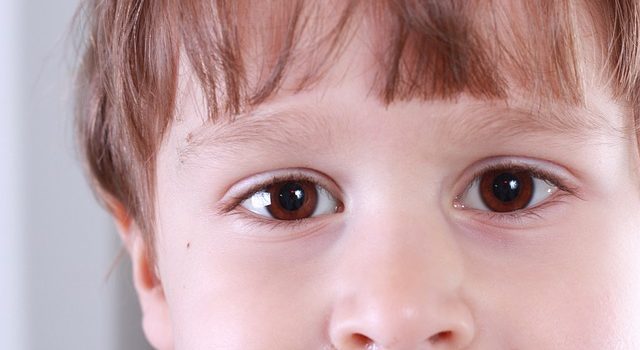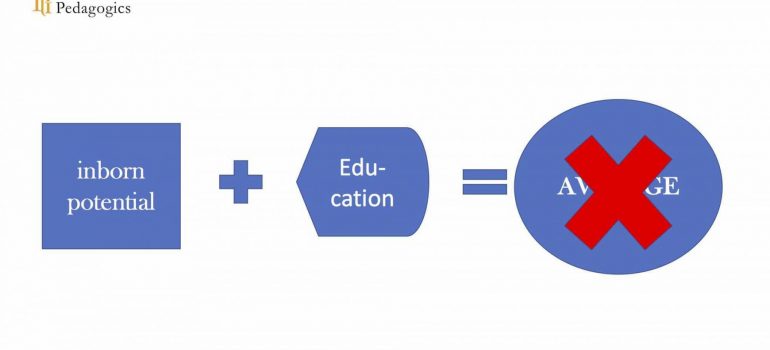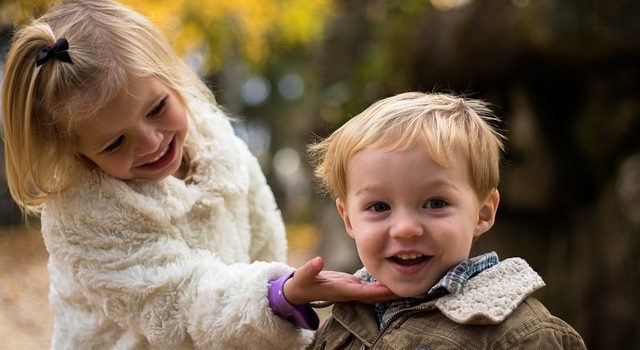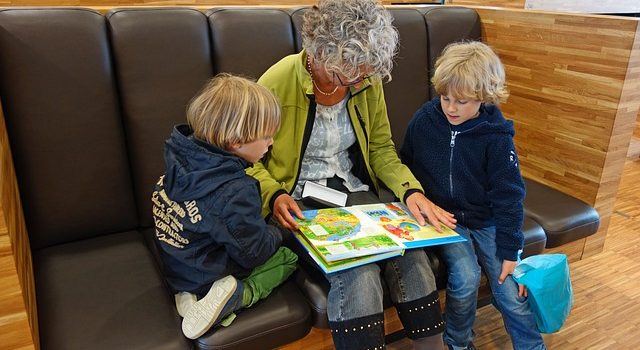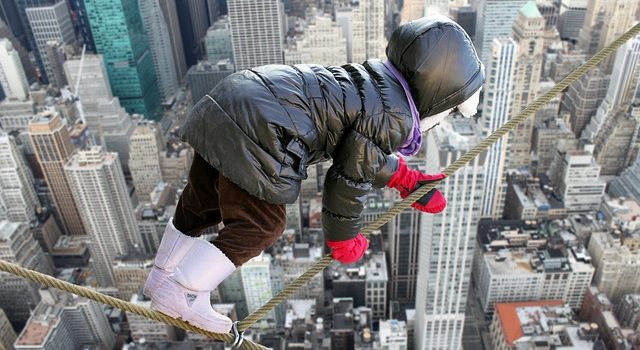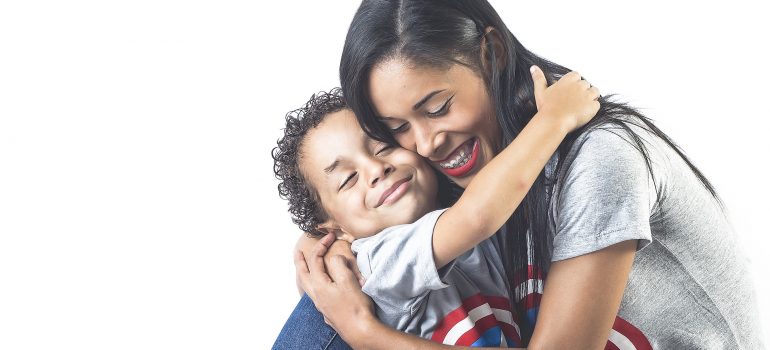How Education Influences What We Become
How education influences what we become
When referring to education, I refer to parents and teachers in the same way. Both play an important role in educating a human being. I believe, that some of them underestimate the influence they have on a child’s entire life.
When addressing the topic on the influence of education on a human being, I would like to start with two philosophical questions.
1. “Who are we meant to be?” and
2. “Who are we meant to become?”
Let’s say, a child is born with an unbelievable amount of potential. In the process of growing up, we add to this potential a critical ingredient which is called “education“. What exactly is added by education will define in many aspects what this human being will become.
The terminology Education includes for me many different aspects:
– the establishment of a personality
– the learning of rules of the society in which a child lives
– the gaining of academic knowledge
– the behavior towards the environment
– the recognition of social duties
– and much more.
Let’s look at some of these parts:
When a child is born, the brain contains about 100 billion neurons. This is twice the amount of an adult. Of course, this number will reduce during transforming from a child to an adult, because mother nature made sure that everything is there for the baby to be able to survive and grow.
An infant can learn any language, not depending on what physical gens it has but rather depending on the environment in which it grows up. You can take an Austrian baby and place it in an Indian family. It will learn Hindi or a state language and most commonly English. If you take the Indian infant and place it in an Austrian family, it will learn German. All of this is possible, because of the amazing amount of potential in a human infant. This example already makes visible, what important part education plays.
The same is applicable to memes and belief systems. The surrounding in which a child is growing up will influence its beliefs and memes. The beliefs of the people around will shape the child’s ideas of how the world is. As long as the child does not question these given ideas, it will stick to them consciously or unconsciously. Belief systems are therefore educated programs.
Memes are mostly unconscious. It is what we observe and imitate without even discussing it. This is how the roles of men and women are passed on from generation to generation. Even though we teach children in school equality, it turns out, that in many areas children duplicate what their family members or culture and tradition which surrounds them shows. A project in the so called free and educated America showed, that children even today see the profession of a fire fighter as male and the profession as a early childhood teacher as female. Nowadays, the influence of the media is also very high and creates memes too.
So what should we add through education to a child’s life?
What a child needs in its process of growing up, is the participation of the adult in its trial for becoming an independent being. All exercises like crawling, walking, speech development and so on are tools to become more and more independent. Education may support this process. Parents and teachers are guides on the way. Our job is to protect and to support where needed. We may start understanding, that – like walking – a child has all of the potentials inside. It is able to learn everything and it needs a surrounding which supports its curiosity and interest in learning. Naturally, the child will mature because this is how mother nature designed humans.
What kind of education may inhibit the child’s manifestation of its full potential?
In families, some of the factors that may cause a child to stop manifesting their greatness can be:
– constant comparison with siblings or other children around
– intense pressure on academical results
– a surrounding which does not support its talents and interests
– the overwhelming flow of information and inputs
– the underestimation of the potential of a child
In educational institutions, some of the factors that may cause a child to stop manifesting their greatness can be:
– Bullying
– Competitive tests
– Too many children in a classroom
– Focus only on academic knowledge and results
– Too much of lecturing
These are just some of the points in which we can start to understand how and why children may not live their full potential. Living one’s full potential does not necessarily mean being super smart but rather includes the fact that we all have our talents and strengths.
If education can bring forth the best within us, it did a good job.




